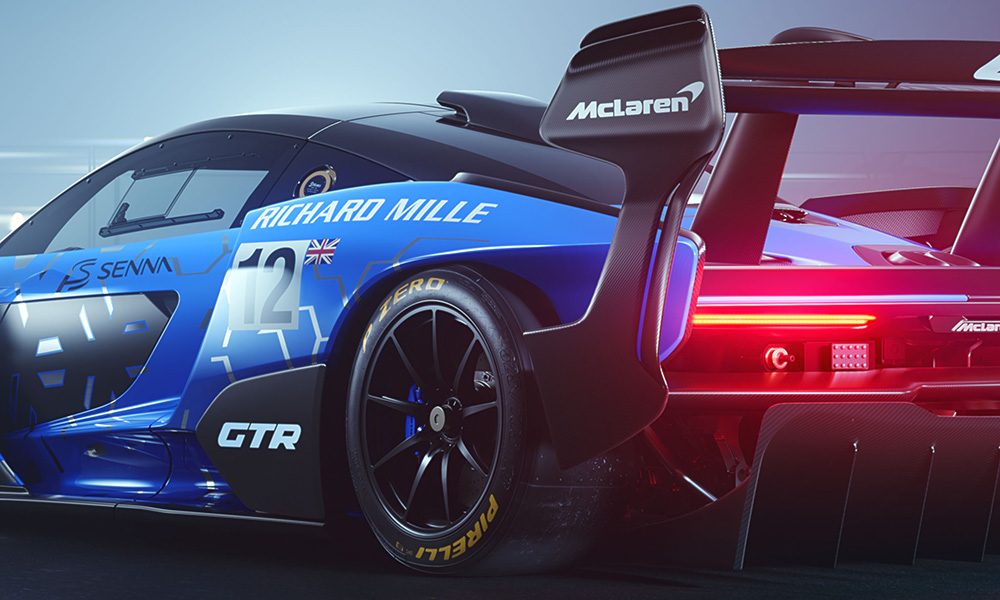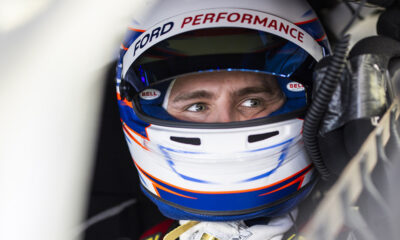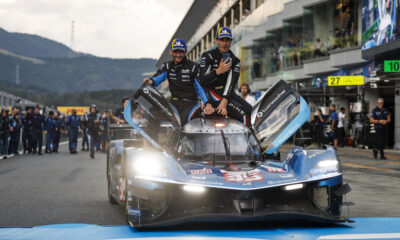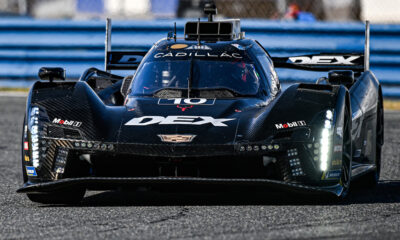
Photo: McLaren
The FIA and ACO expanded the scope of its new top-class regulations at the request of the manufacturers, according to ACO sporting director Vincent Beaumesnil.
Announced last week by the FIA, production-based hypercars will be allowed alongside purpose-built prototypes with hypercar styling in the 2020-21 World Endurance Championship season.
It has resulted in a change of the regulations, originally announced in December, that will see at least three different platforms in the initial season compete in the same class under a yet-to-be-defined Balance of Performance process.
Beaumesnil explained that three “very important” stakeholders: Aston Martin, McLaren and Ferrari, approached the FIA and ACO on the adoption of production-based machinery, which was initially vetoed last year on grounds of costs.
“We have this [prototype hypercar] concept and I think from the beginning it was very well welcomed by everybody when we announced the rules,” Beaumesnil said.
“The concept of having hypercar bodywork and these we built was very well welcomed.
“Based on that, for the visibility reasons, and also because it’s driven by marketing, some [manufacturers] said they wanted their road car to race.
“You cannot be blind and say, ‘No I do not want to hear that.’ So we’ve been listening to it for sure.”
Beaumesnil said they are not yet at the stage to explain how the BoP will work, although confirmed the target lap times have been slowed from 3:24-3:25 per lap of Le Mans to 3:30, to accommodate the production-based machinery.
Additionally, plans are in place to allow hybrid and non-hybrid machinery in both platforms, in a change from the initial prototype hypercar regs that mandated a front-axle energy recovery system.
“In the end, we’ve just enlarged it because it was too restrictive,” Beaumesnil said of the eligibility.
“It was not written in the rules in December that you could not start from a road car. But it was quite difficult to achieve with the rules so we just want to make it easier.”
Current LMP1 cars, meanwhile, will be grandfathered for at least one season, with LMP2 machinery set to be slowed by 5-6 seconds per lap of Le Mans, according to Beaumesnil.
The FIA and ACO have “no fixed deadline” in the finalization of the regulations, although Beaumesnil told Sportscar365 that the principles will be determined be “far before” this year’s 24 Hours of Le Mans.
“We are quietly confident that in the coming weeks, you will have a better visibility,” said WEC CEO Gerard Neveu.
“In any case, if there is some issue with that, there is always a Plan B or something behind.”
Neveu noted they had “probably the biggest table” of manufacturers since the beginning of hypercar discussions, during the Geneva Motor Show earlier this month.
Neveu or Beaumesnil, however, would not be drawn on a specific number of manufacturers they expect for the first season, although indicated they are in discussions with some OEMs looking to enter by the 2021-22 season or even later.

























